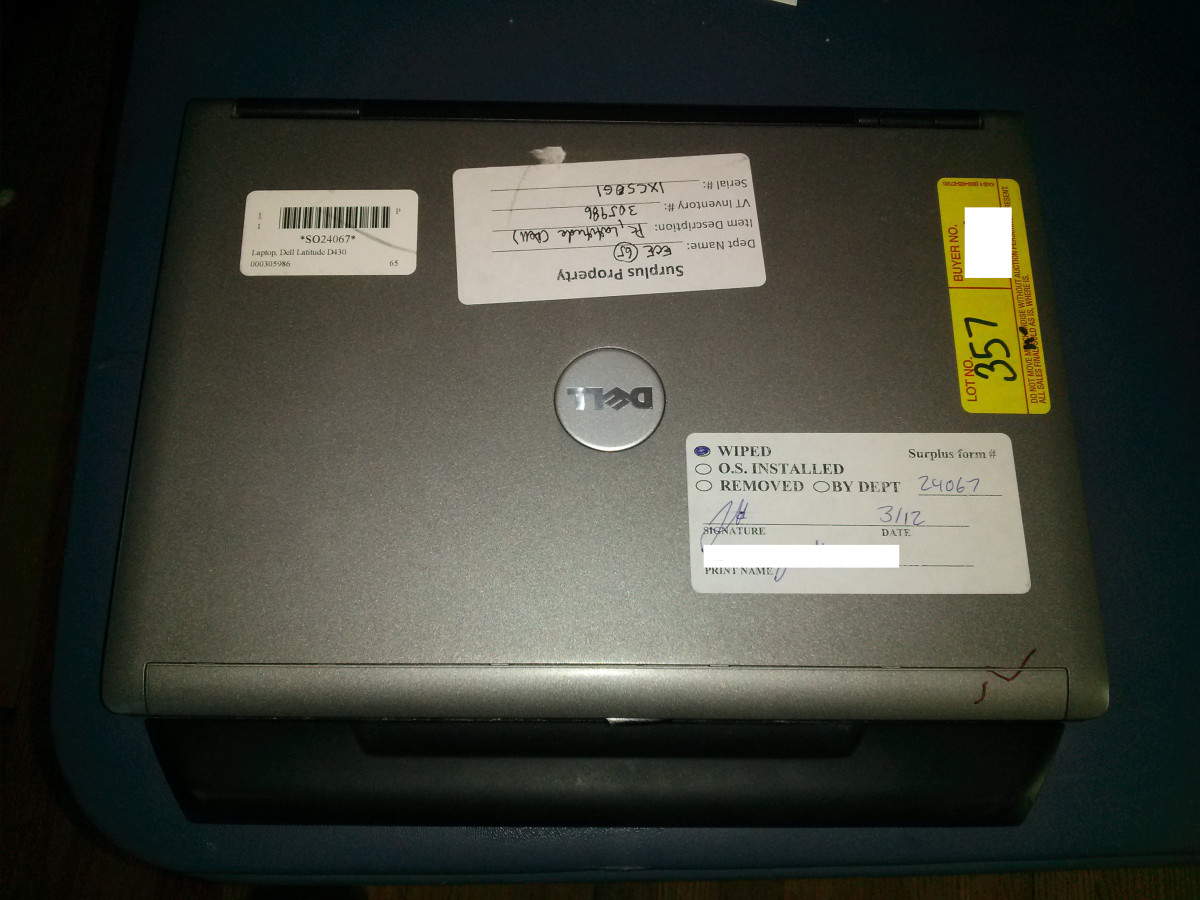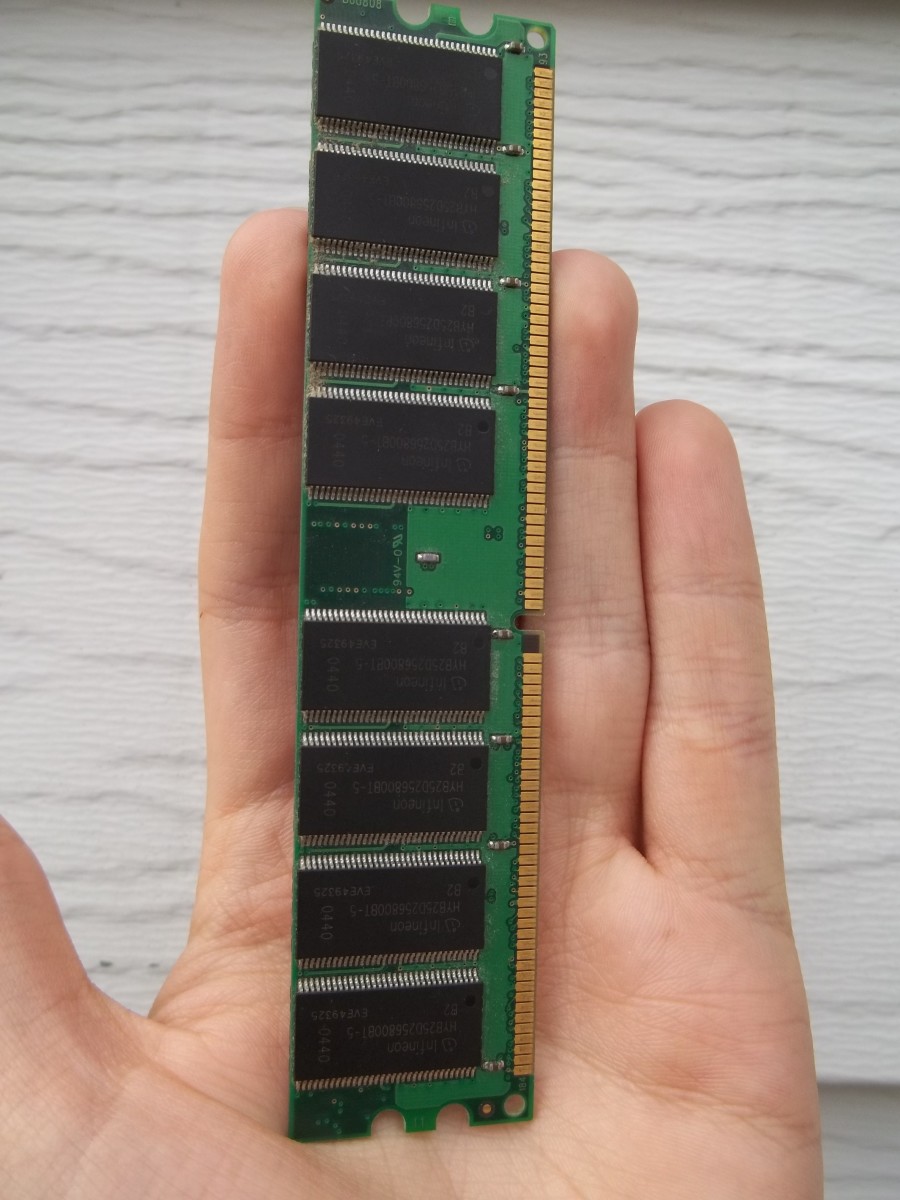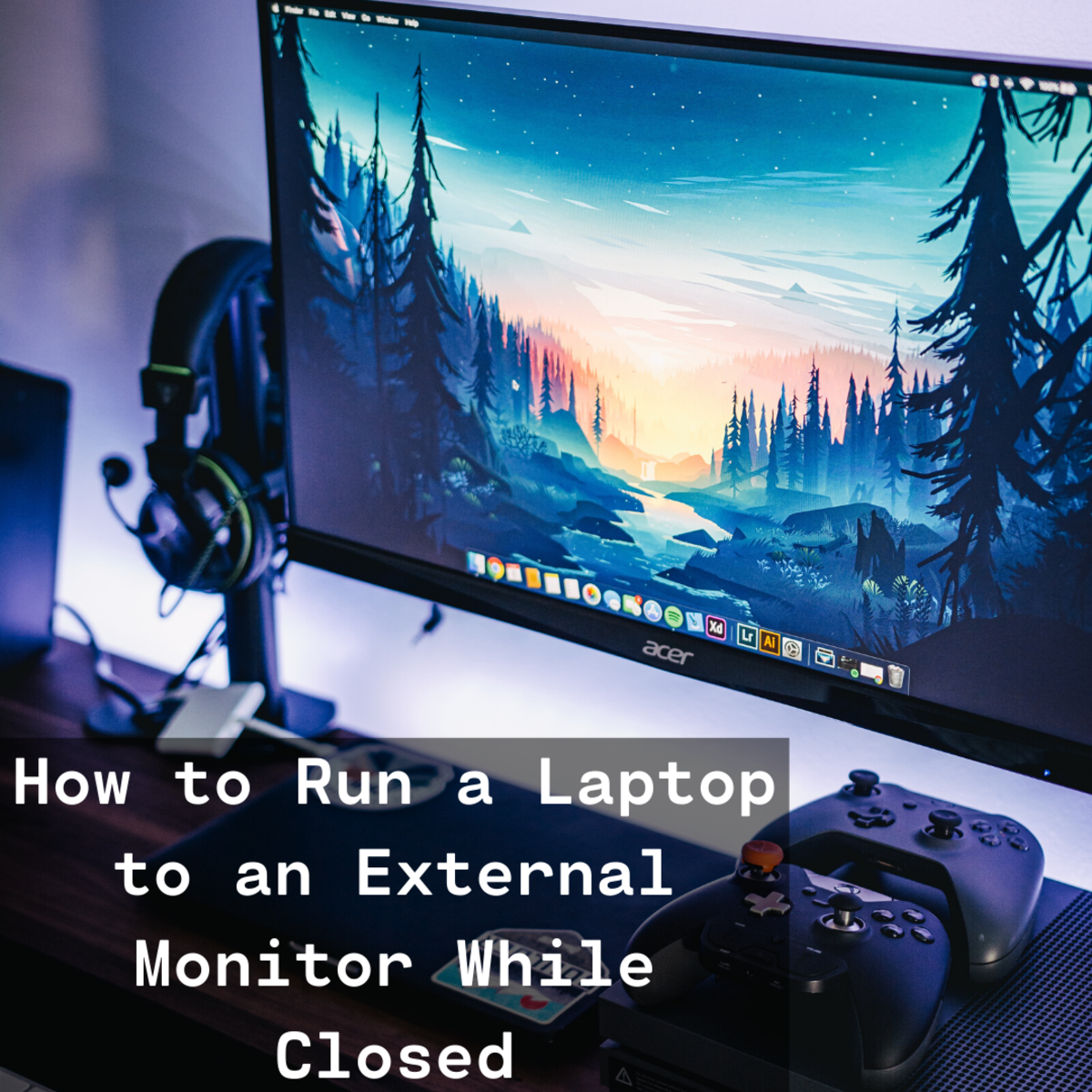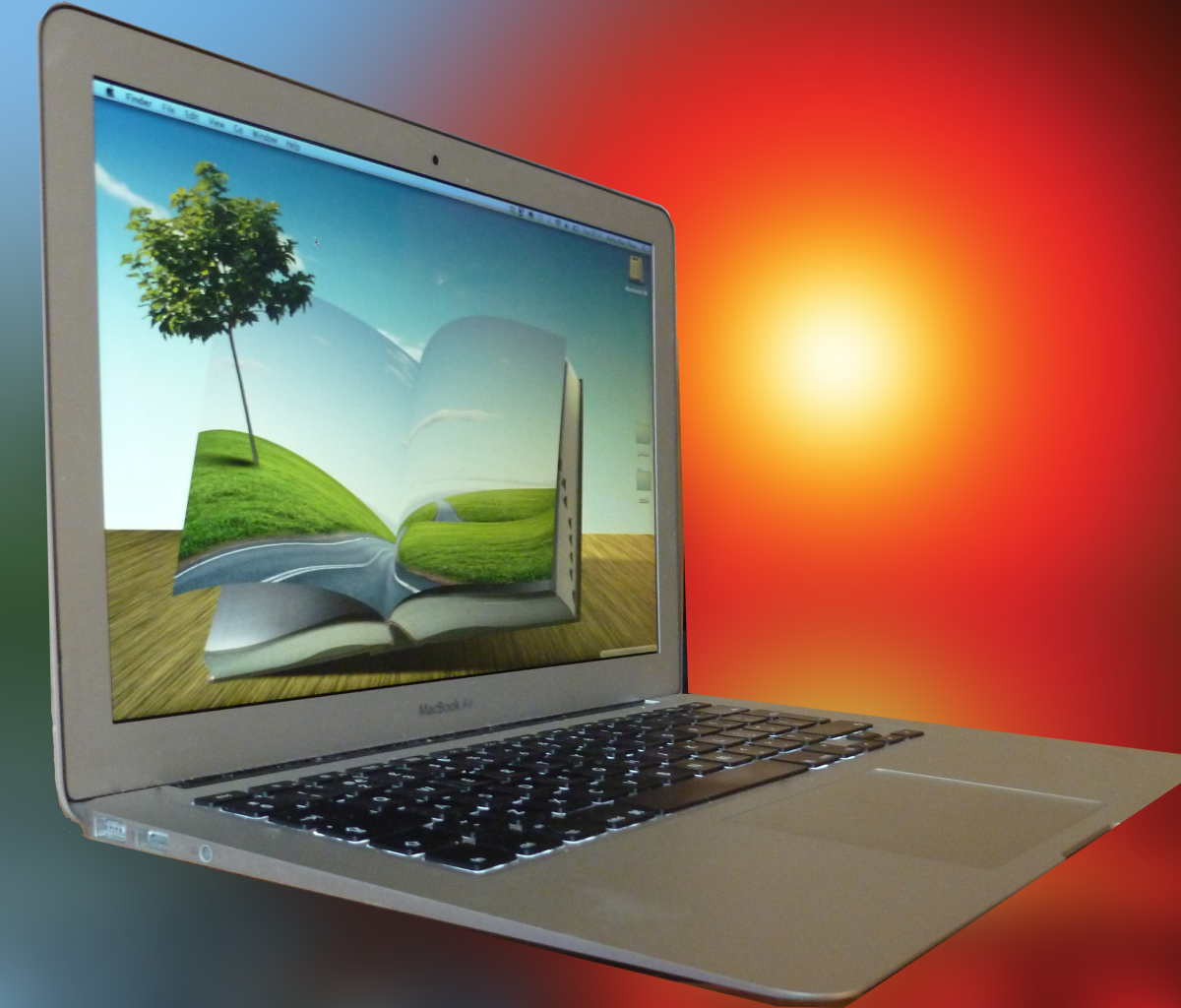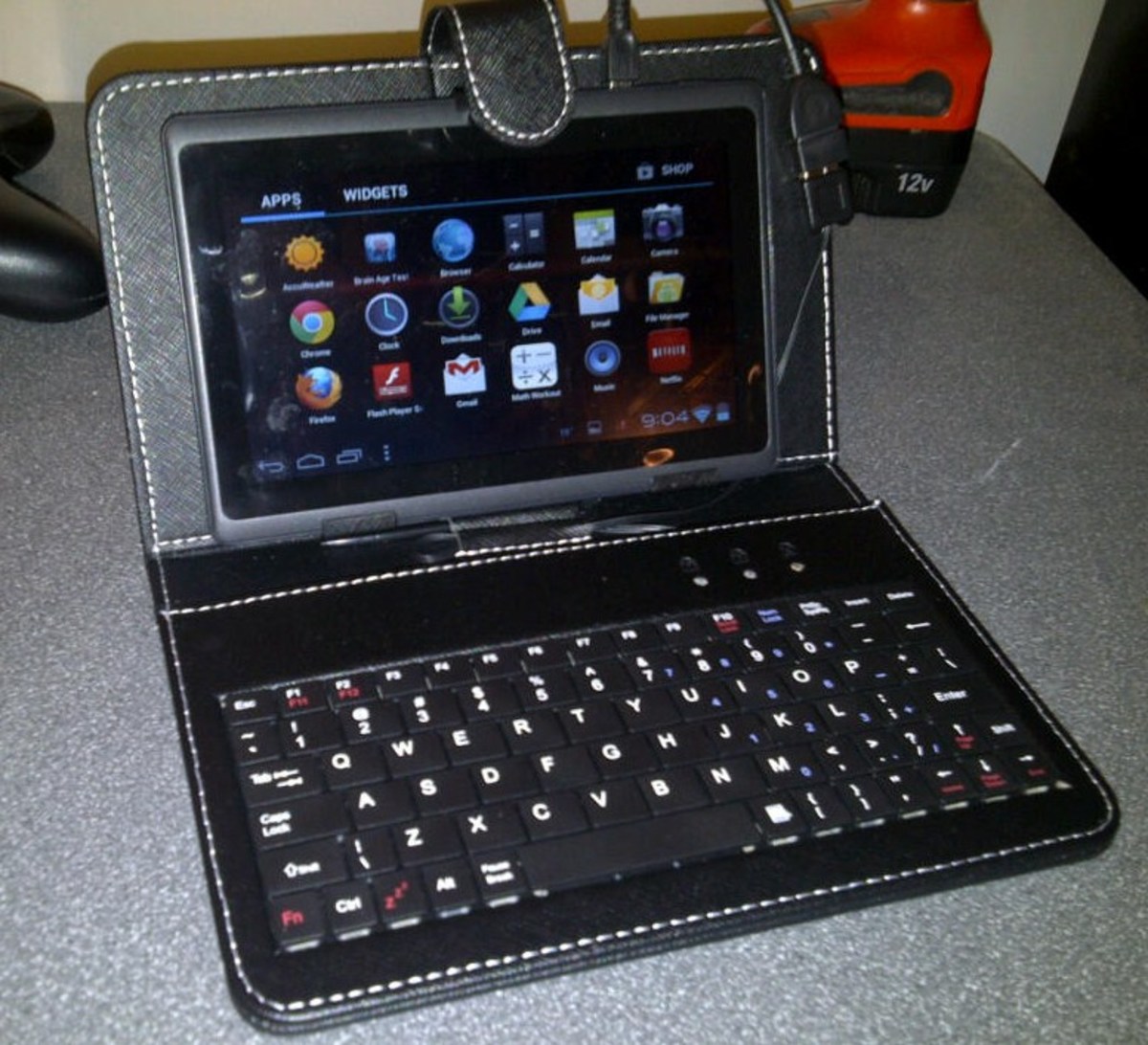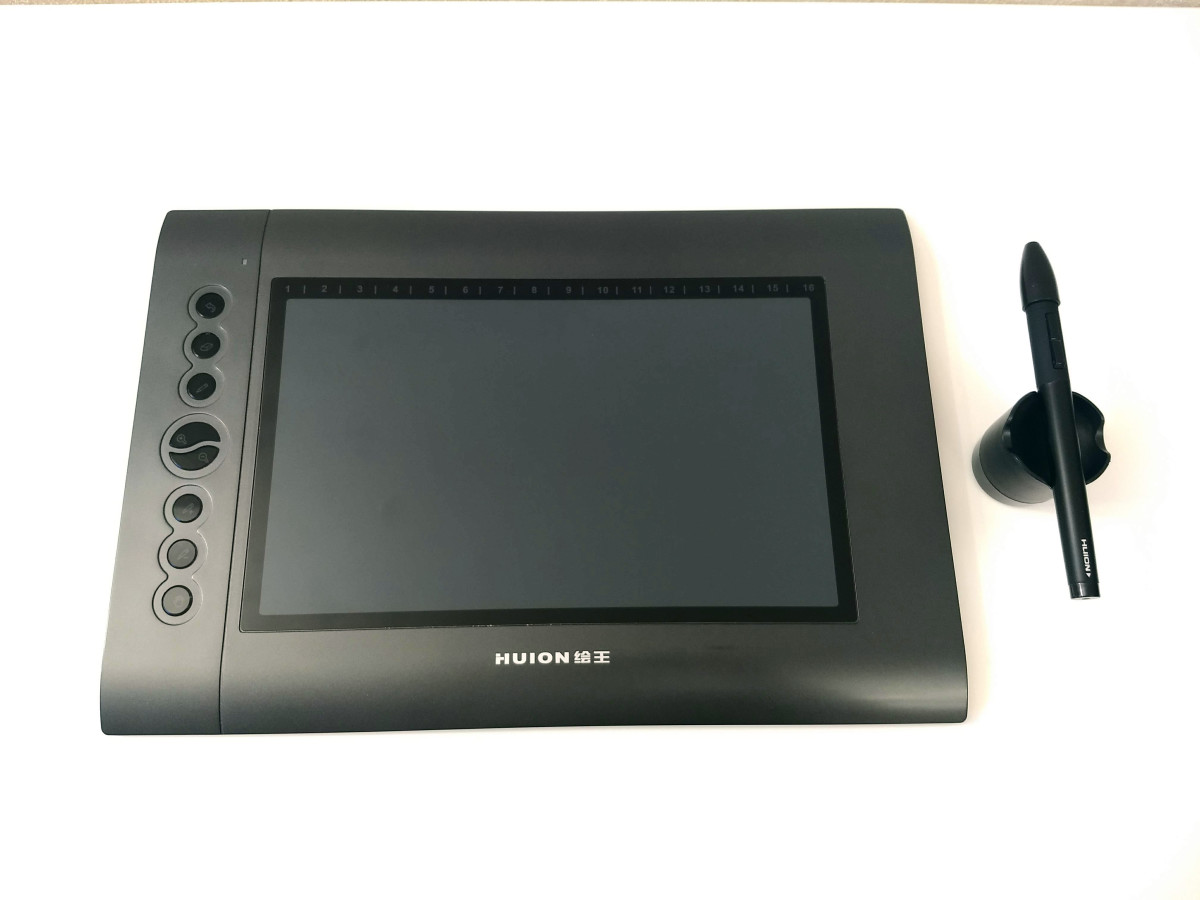- HubPages»
- Technology»
- Computers & Software»
- Computer Buying Guides
What Type of Laptop Should I Buy?
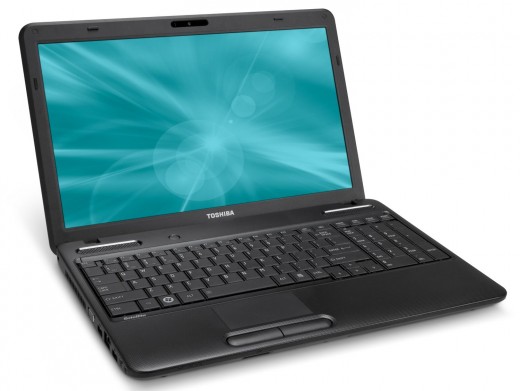
This is a question many new laptop users ask, especially first time users, or those buying a gift for another person.
You want a laptop or notebook that will give you internet access, the ability to play CDs and DVDs, and maybe the odd game or two. You want software that will allow you to write letters or other articles. You'll want software that will allow you to upload photos and play around with them.
But does that really tell you what you want from a laptop?
It can be very confusing going into a computer shop and the assistant starts talking about RAM and memory and HDDs and you feel like saying "Whoah! I don't know what you are talking about. I just want a computer that will do basic things."
Basic things mean different things to different people, and while you may be a new user or person who has seldom used a computer, your expectations of what you want your computer or laptop to do will change the more you use it.
This is why I have put together this guide to buying a laptop, especially for those who do not know what type to buy.

RAM
Please read this, even if you feel your eyes glazing over at the thought.
RAM stands for random access memory.
Basically, what RAM does is allows you to open more programs and do more things at once while you are working or playing on your laptop or computer.
You might think you don't want to do several things at once, but your computer has the ability to do multiple things at once, and the more RAM you have means less problems for you.
If you ask a computer to do too many things and it runs out of memory, it will just freeze, or the objects on the screen will go all jerky and you'll end up have to re-boot the computer just to free it.
Booting is another computer term. It is short for "bootstrapping" and just means to start the computer up from the off position.
Re-booting is re-starting.
So, buy a laptop with the most memory you can afford.
To run Windows 7, which at the time of writing this is the latest operating system for a PC type computer, you need a minimum of 1Gb of RAM, but 2Gb is better.
That is just to run the operating system, you will want to double that or more to run programs too. Games use a lot of memory, as do videos.
I have 4Gb of RAM on my year old laptop which is quite sufficient for my needs at the moment.
CNET Top 5: Best Laptops March 2011
CPU
CPU stands for central processing unit.
The processor is the "brains" of a computer. It carries out the instructions you input, or the software (programs) you are using, tell it to.
No matter how good all your peripherals or other hardware are, if you do not have a good processor, none of them will matter much as your computer will not work well, nor to the best of its ability.
The more powerful the processor, the more things a computer can do, and quickly.
The technology behind computer processors is moving along too quickly for me to keep up, but my current laptop is an Intel Core i3, and the latest models are Intel Core i6 or i7.
While Intel Pentium chips are arguably the best on the market, AMD and Intel Celeron are strong contenders too.
HDD
The HDD is also called memory but it is really storage. The larger your HDD, the more programs and files you can save on your computer disk.
It is common to see HDDs of 100Gb or more, and that is a huge amount of space, more than most people would ever need, but the more (unused) space you have, the better your computer will run.
I remember when an large HDD was 500Mb (half of 1Gb). Once it filled up however, the computer slowed right down.
If you have a 100Gb HDD and you have 20Gb worth of files and folders, your computer will run well. But if you have 80Gb full out of the 100Gb, your computer will slow down.
So get a large HDD, and even better, buy an external HDD that you can move folders over to when not in use.
Toshiba Portege R835-P81 13.3-Inch LED Laptop

Graphic Cards
I am not an expert on graphics cards to be honest, but they have their own built in memory and the best cards on the market will allow you to see the screen, even on close-up, perfectly, which is important for gamers and graphic designers.
Computer graphics are of a much higher standard than TV graphics.
Unless you are experienced in the above mentioned activities, I would be tempted to just stick to the standard graphics card offered with the laptop, and not worry too much about the ability of the card.
Mac or PC Laptop?
Internet
Well, the internet is external and so your access speed etc is dependent totally on external factors.
Nobody uses a built-in modem anymore.
A modem is the name of the peripheral that allowed you to access the net.
You can buy external modems, and in actual fact most internet providers will give you one free with a contract.
If you are lucky enough to live in what they call an internet hotspot, or if you plan on taking your laptop out to use a hotspot in a cafe or other public area, your laptop will need a wi-fi card to access the internet.
They more or less come as standard on laptops these days, but ask to be sure.
Some of the newer laptops even come with an internal card that will allow you to pick WIMAX if it is in your area.
WIMAX is like wi-fi on steroids. While the range of wifi only extends a few 100 feet, a WIMAX signal can be picked up at a range of 20 miles from base, and tends to be a lot faster too.
Laptop Connection Ports
USB
A lot of peripherals come with a USB port connection. USB1 used to be the standard, then it became USB2 which allows things to travel twice as fast along the connection, and now USB3 is here which is faster again.
The speed of the peripheral (say it is USB3 capable) will only work at the maximum speed your port is, so buy a laptop with the maximum capability if you can.
I have 4 USB2 ports on my laptop (a Samsung R780). My last laptop only had 2, but quickly ran out of plug in options. It is possible to buy an external USB port hub to plug more things in at once, but that is another expense that you don't want to have to go to straight out of the box, so to speak.
You wonder why you would need all those USB ports?
- A mouse - laptops come with a touchpad, not a mouse. I prefer using a mouse.
- A printer will use a USB port
- a laptop cooler, which is a good idea if you live in a hot country or if you use your laptop a lot.
- Your modem might use another
- Speakers might use another, although there is usually a separate audio port for them
and so you see, there is quite a need for sufficient USB ports on a laptop.
If your television supports HDMI, you will want an HMDI port on your computer. This is the latest technology for connecting your laptop to the TV screen for playback of photos, videos etc.
Card Reader
You will want your computer to have the ability to read a microSD card that you use with your camera or mobile phone, so a multi-card reader is a useful (and pretty standard) addition.
Bluetooth
Bluetooth is probably the easiest way to connect your mobile phone to your laptop for file sharing etc. You can even write text messages on your computer and send them from their through your phone.
Webcam
A built-in webcam is a handy addition for online communication. It allows you to see who you are chatting to, and for them to see you.
More Laptops at Amazon
Laptop Battery Life
The nice thing about laptops is that they have an internal battery that continues to work even when no power supply is present.
This allows you to take your laptop out and about so that you can work in a hotspot (an area where your wifi card can pick up the internet for free).
It is also extremely useful when your home has a power-cut as it will continue working without loss of power, and so you can continue doing what you were doing without losing any work.
New laptops have batteries that can last up to 7 hours without charging, which is pretty amazing, but all batteries eventually lose their charging power so you can expect to replace yourlaptop battery every 2 to 3 years.
The best way to help it last is to allow it to run down fully at least once every day or every other day. Constantly leaving it fully charged while plugged into the mains is a sure-fire way to drain the battery's staying power.
Whatever you buy, I hope you now have a better understanding of the different specifications available.
You want your laptop to last you for several years, and it could well be that you will find a year or two down the line that your laptop doesn't have the capability of doing what you want it to do.
That is why I would advise buying one of the higher specifications you can afford, now that you know more abut what type of laptop to buy.


